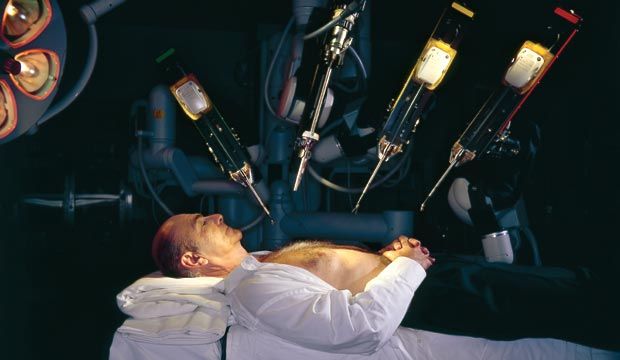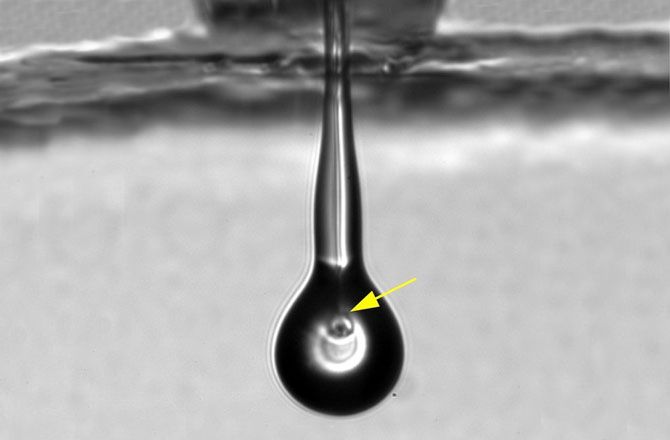Dec 19, 2013
The Seven Fallacies of Aging
Posted by Marios Kyriazis in categories: biotech/medical, evolution, futurism, life extension, transhumanism
Some people become incredibly confused about the effort to eliminate aging, which they see as a nebulous, ill-defined process. I refer to the concept of radical life extension, when aging as a process has been abolished. I am not referring to simple healthy longevity (the effort to live a healthy life until the current maximum lifespan of 110–120). Here are some common misconceptions:
1. The Fallacy of words
Eliminating aging will make us ‘immortal’ and we will live forever.
No, it won’t. If we eliminate aging as a cause of death, we may be able to live for an indefinite (not infinite) period, until something else kills us. Even in a world without aging, death can happen at any time (at age 10, 65 or 1003) and for any reason (a shot in the head, malaria, drowning). If we manage to eliminate aging as a cause of death, the only certain thing would be that we will not necessarily die when we reach the currently maximum lifespan limit of around 110–120 years. We would certainly NOT live for ever, because something else will kill us sooner or later. Our organs cannot be repaired if we perish in a nuclear explosion for example, or in a fire. Some statisticians have mentioned that, without aging, we may be able to live to 1700–2000 years on average before death happens due to some other catastrophic damage. This is a long time, but it is not ‘forever’.


 by
by 
 by
by 







